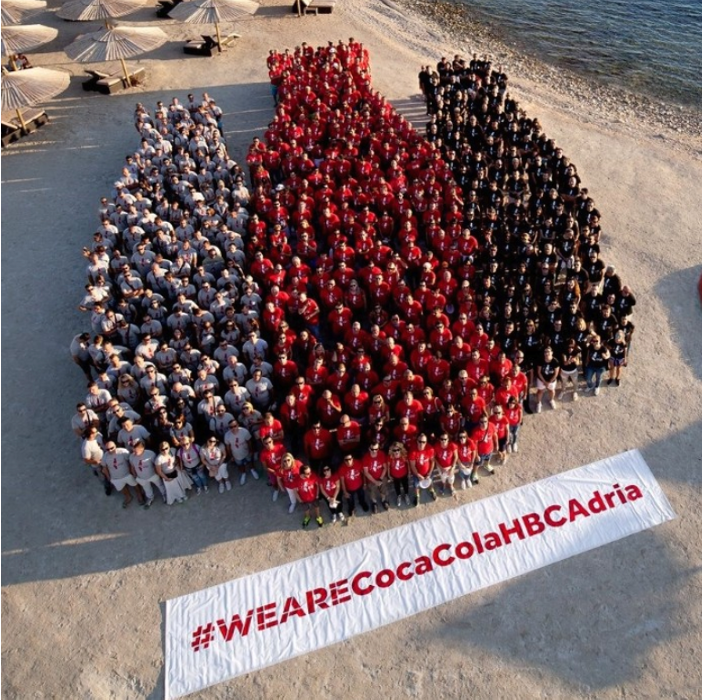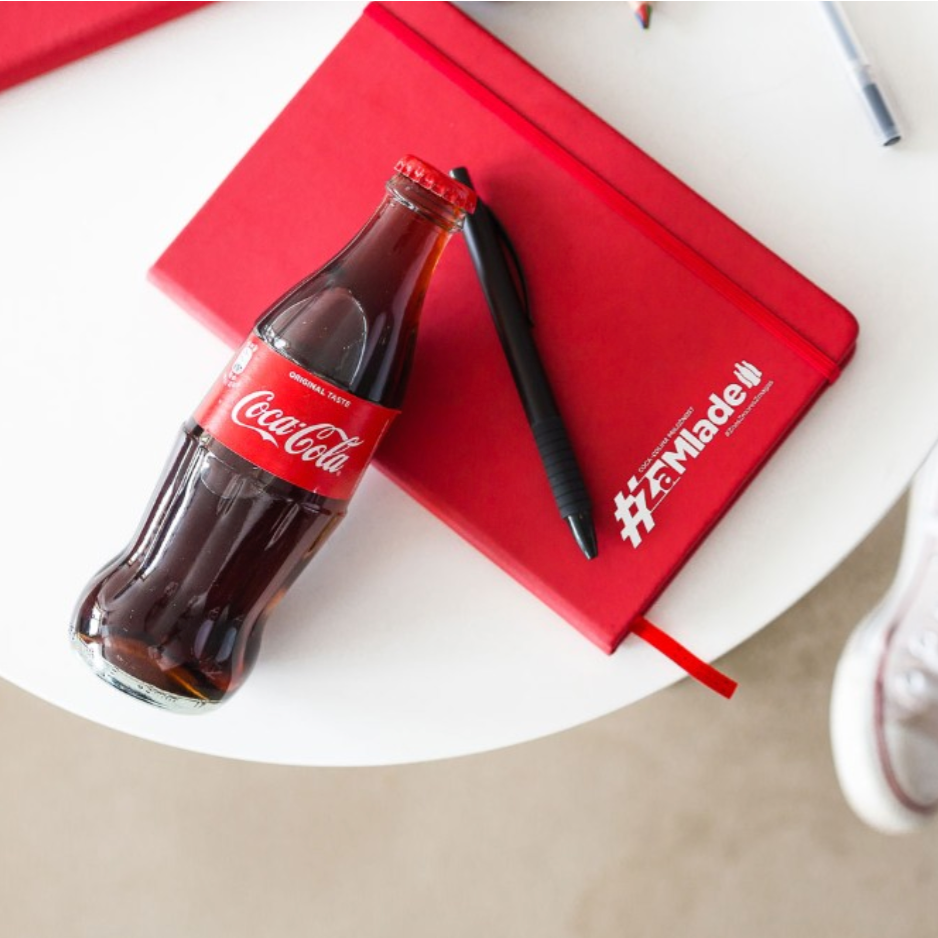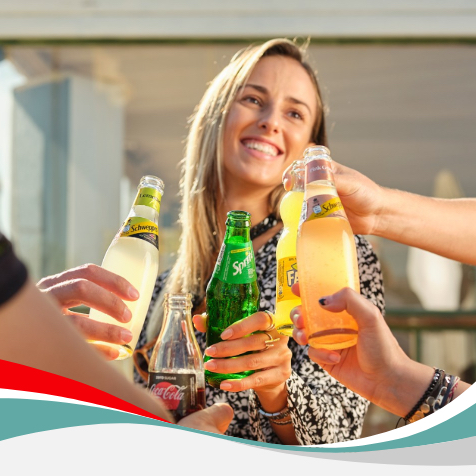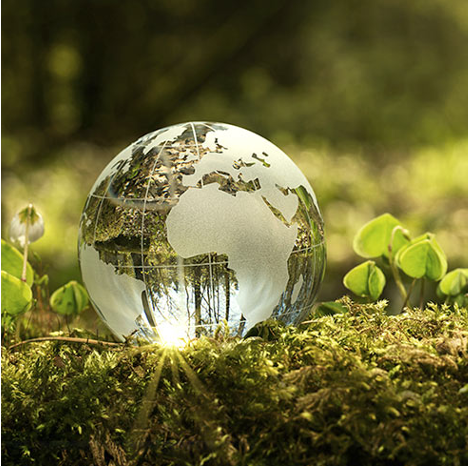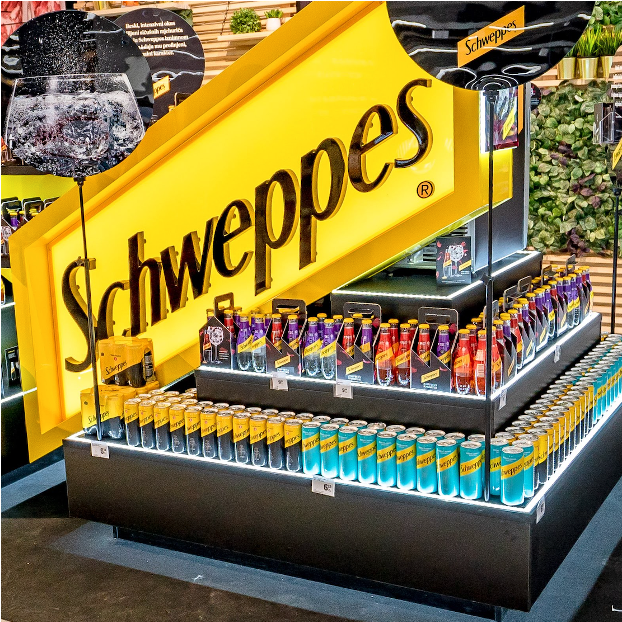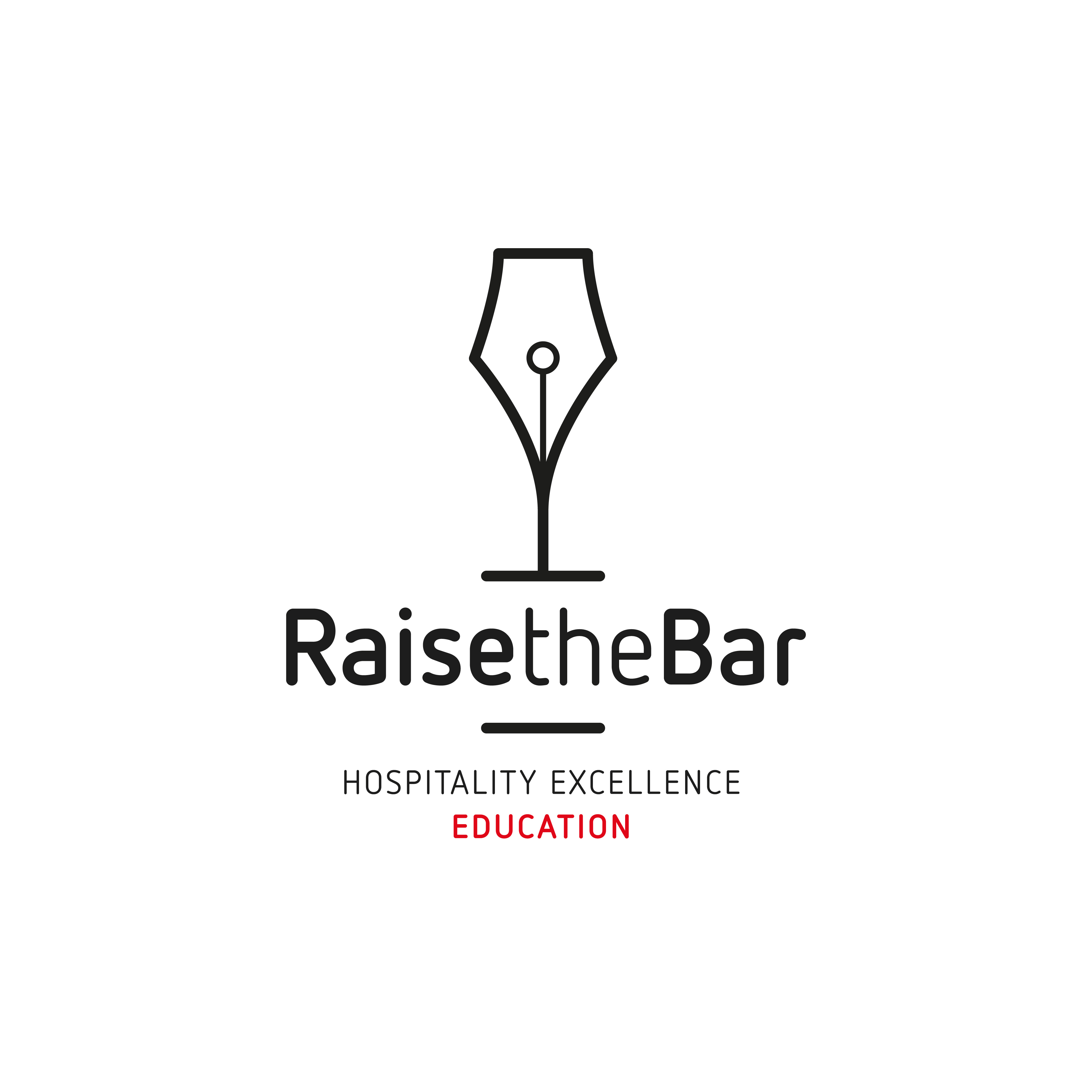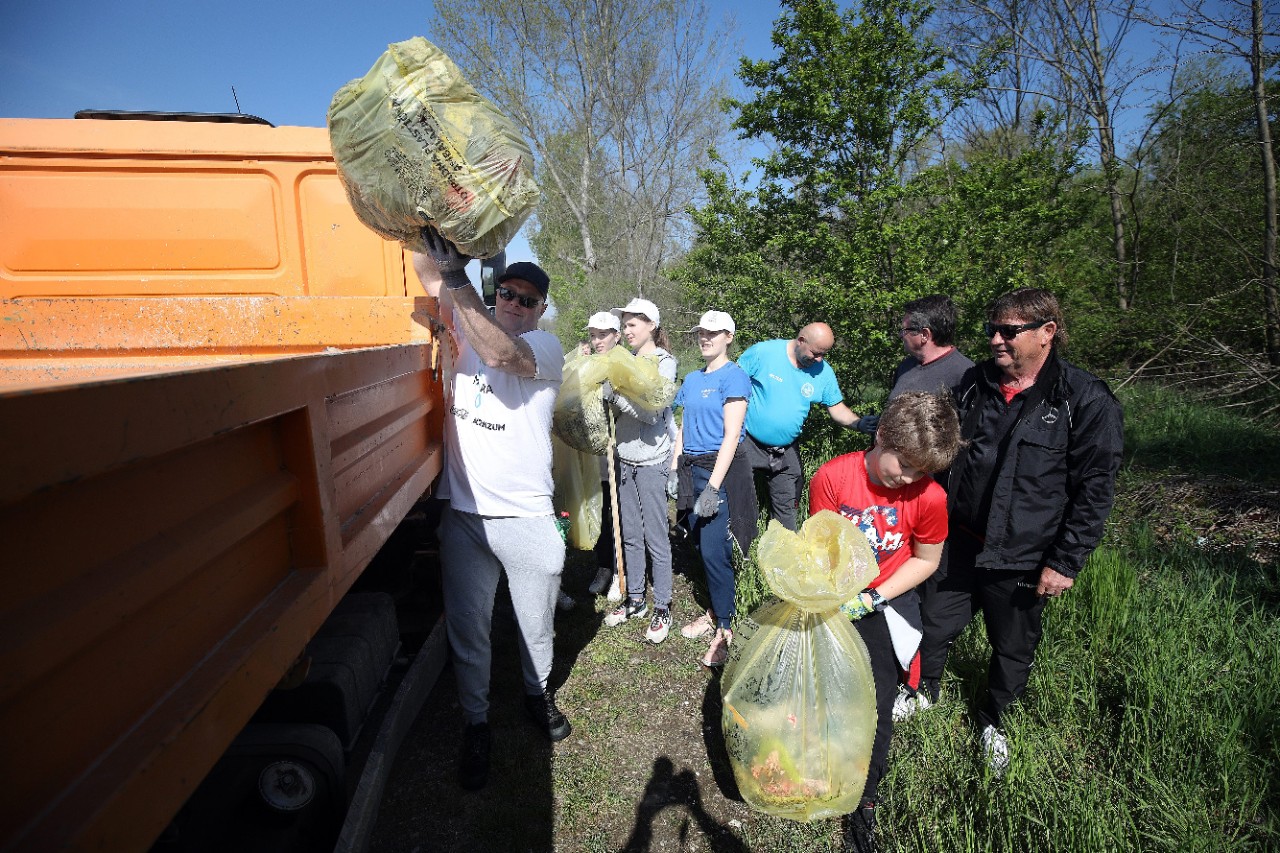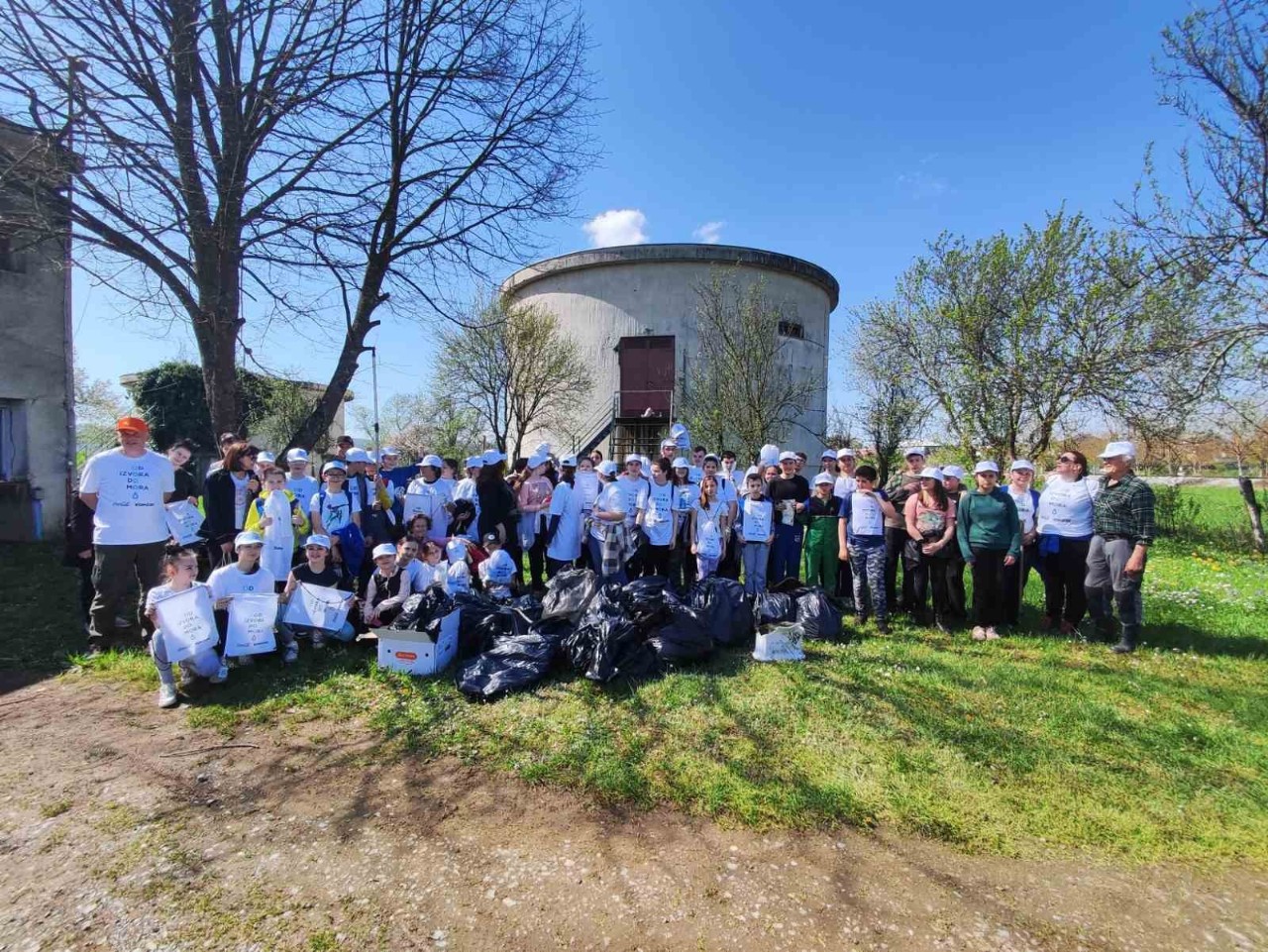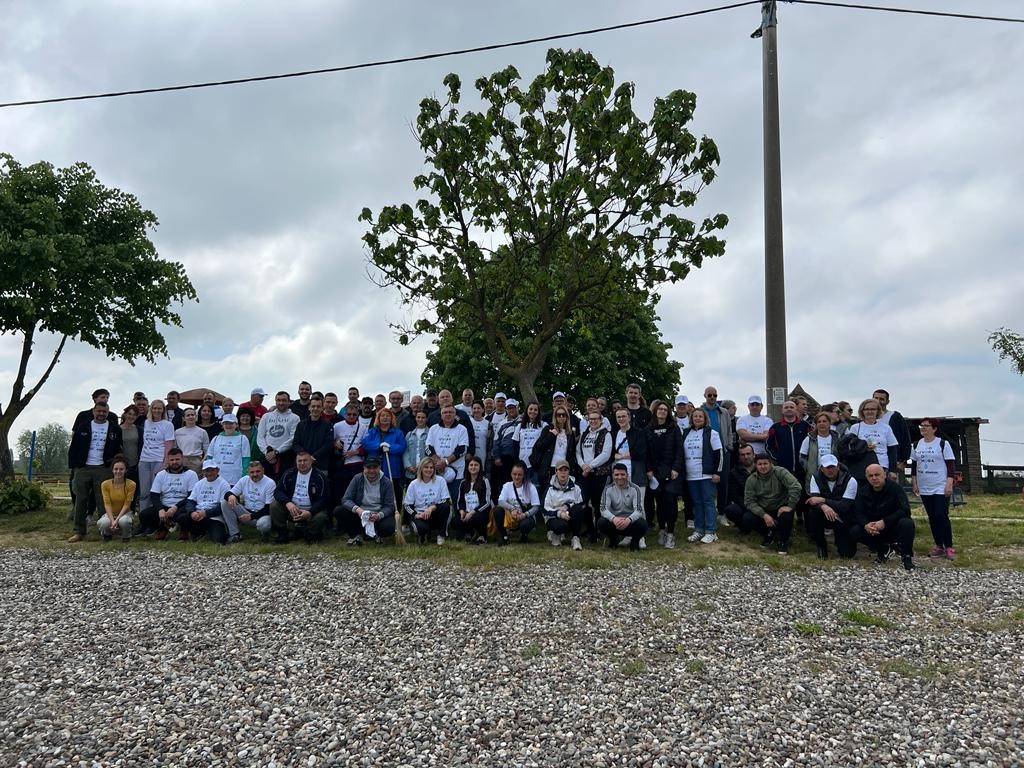After almost six months of preparations and 28 packaging waste collection campaigns, the winning cities in this year’s edition of the From Source to the Sea project were pronounced. Lipik was number one in the category of small cities with a population of less than 10,000, Vinkovci was the top performer in the medium-sized city category, whereas Varaždin was the winner in the category of big cities with a population of over 35,000.
A rating committee comprising representatives of the organizers – Coca-Cola, Konzum, Association of Cities and Jutarnji list – rated all 28 cities that applied for this year’s prize contest as part of the environmental project From Source to the Sea.
Almost five thousand volunteers joined the cleaning campaigns and collected 152 tons of packaging waste, which helped achieve an important goal – reduce pollution and raise awareness of the importance of preserving the environment and properly disposing of packaging waste. The objectives of this year’s edition of the project include support to urban afforestation – planting of trees in cities to reduce carbon dioxide (CO2) emissions and lower air temperatures in urban settings. Accordingly, the winning cities will equally share the prize of 42 thousand euros, which will be used to plant trees at locations selected by these cities.
“We are very happy with the fact that so many cities decided to joint this year’s edition of From Source to the Sea and that so many volunteers worked hard to collect packaging waste. Our efforts with regard to environmental protection and the efforts used by our partners in this project were very well received among the citizens who joined us. In addition, as many as 113 associations participated this year, including Red Cross organizations and firefighters’ and culture & art societies. We are also very pleased with the fact that, in addition to the cities, many local government authorities joined the project. We congratulated all cities and citizens who took part in the project and wish the winners success in their afforestation efforts,” said Bruno Jelić, Director of the Corporate Affairs and Sustainability Department at Coca-Cola HBC Adria.
This year’s edition of From Source to the Sea began by launching a contest for which all interested cities could apply between 15 February and 15 March. By the end of March, all applications had been reviewed and cities were selected for participation in one-day campaigns that started with a major campaign in Makarska on 15 April and ended on 28 May on the island of Ist. The following cities participated: Bjelovar, Crikvenica, Čakovec, Daruvar, Duga Resa, Ilok, Ivanec, Koprivnica, Korčula, Lipik, Ludbreg, Makarska, Mali Lošinj, Osijek, Otočac, Ploče, Rijeka, Split, Sveta Nedelja, Varaždin, Velika Gorica, Vinkovci, Virovitica, Vodnjan – Dignano, Zabok, Zadar, Zaprešić and Zlatar.
Each city reported to the organizers the results of its campaign, i.e. the number of volunteers and the amount of waste collected, which were the most important scoring criteria. During these campaigns, the cities received support from the organizers, who were proud to observe tons of discarded packaging waste being collected and then properly disposed of, in cooperation with utility companies operating in the participating cities.
As arranged with the winners, the planting campaigns will take place in the autumn, from September to November, and special plaques will be awarded to them on completion of the activities.
Coca-Cola launched the From Source to the Sea project in Croatia in 2018, in cooperation with government institutions and civil society associations. Jutarnji list joined us as a partner two years ago, and Konzum followed suit in 2022. This year, the Association of Cities also joined us as a partner, and the project received support from the Ministry of Economy and Sustainable Development and the Faculty of Forestry and Wood Technology in Zagreb.
From Source to the Sea is part of a long-term comprehensive plan dubbed World Without Waste, whereby Coca-Cola committed, among other things, to help collect and recycle a bottle or can for each one we sell by 2030 and ensure that recycled plastic accounts for at least 50% of all primary packaging materials we use. In addition, all primary packaging will be recyclable by 2025. In the past ten years, Coca-Cola has reduced its use of plastic by a quarter by using lighter bottles. Coca-Cola made a new step toward accomplishing its World Without Waste vision in late May this year, when it introduced attached plastic bottle caps to its consumers in the Croatian market.
